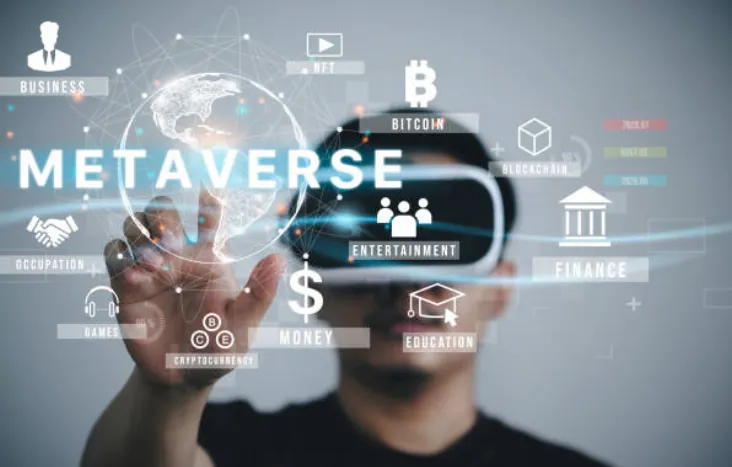Virtual reality has come a long way since its inception, evolving into the exciting concept of the metaverse. The metaverse is a collective virtual shared space, merging physical and digital realities, and it's the new frontier for tech companies, gaming giants, and social platforms. In this article, we'll dive deep into the metaverse and unravel the major players shaping this digital universe.
1. Facebook (Meta)
Meta, formerly known as Facebook, is one of the leading pioneers in the metaverse space. With Mark Zuckerberg at the helm, Meta envisions a future where people interact in virtual environments seamlessly. The company is investing heavily in developing the infrastructure and tools necessary to create a thriving metaverse. Their Oculus VR devices are already immensely popular, and the recent rebranding to Meta underlines their commitment to this digital future.
2. Epic Games
Epic Games, the creators of Fortnite, are actively involved in building the metaverse. With the success of Fortnite, they've demonstrated the potential for virtual worlds to bring together millions of users for entertainment and social interaction. They've invested substantial resources into the development of the Unreal Engine, a powerful platform for creating immersive experiences. Their acquisition of the social platform Bandcamp is another indicator of their metaverse ambitions.
3. Roblox
Roblox is a user-generated gaming platform that has become a metaverse giant. It allows users to create and share their virtual worlds and experiences, making it one of the most vibrant and dynamic metaverse communities. With millions of users and a strong focus on user-generated content, Roblox has the potential to redefine how people socialize and interact in the digital realm.
4. Microsoft
Microsoft is no stranger to the metaverse. They own Minecraft, one of the most popular sandbox games globally, which has evolved into a metaverse-like platform. Additionally, Microsoft is developing HoloLens, a mixed reality device that could be instrumental in bridging the physical and digital worlds. Their cloud computing capabilities with Azure are also poised to play a crucial role in powering the metaverse infrastructure.
5. Google
Google, with its extensive resources and expertise, is actively exploring the metaverse. They have been investing in augmented reality (AR) and virtual reality (VR) technologies for years, notably with Google Glass and Daydream. While they have not announced a specific metaverse project, their vast reach and history of innovation make them a potential major player in this emerging field.
6. Decentralized Players
While tech giants dominate the metaverse landscape, decentralized players based on blockchain and cryptocurrency technologies are making their mark. Projects like Decentraland and The Sandbox are creating virtual worlds and assets that users can truly own, trade, and monetize. These initiatives are at the forefront of making the metaverse a more open and user-driven space.
7. Gaming and Entertainment Companies
Traditional gaming and entertainment companies are also entering the metaverse arena. From game developers like Activision Blizzard to film studios like Warner Bros., they are all looking for ways to leverage the metaverse for immersive experiences and content distribution. The lines between gaming and entertainment are blurring in the digital realm.
Conclusion
The metaverse is a rapidly evolving concept, and the major players mentioned in this article are just a glimpse of the diverse ecosystem that's emerging. As technology continues to advance and user adoption grows, the metaverse will become an integral part of our digital lives. The key to success in this space will be a combination of innovation, user-centric design, and the ability to adapt to an ever-changing landscape.






